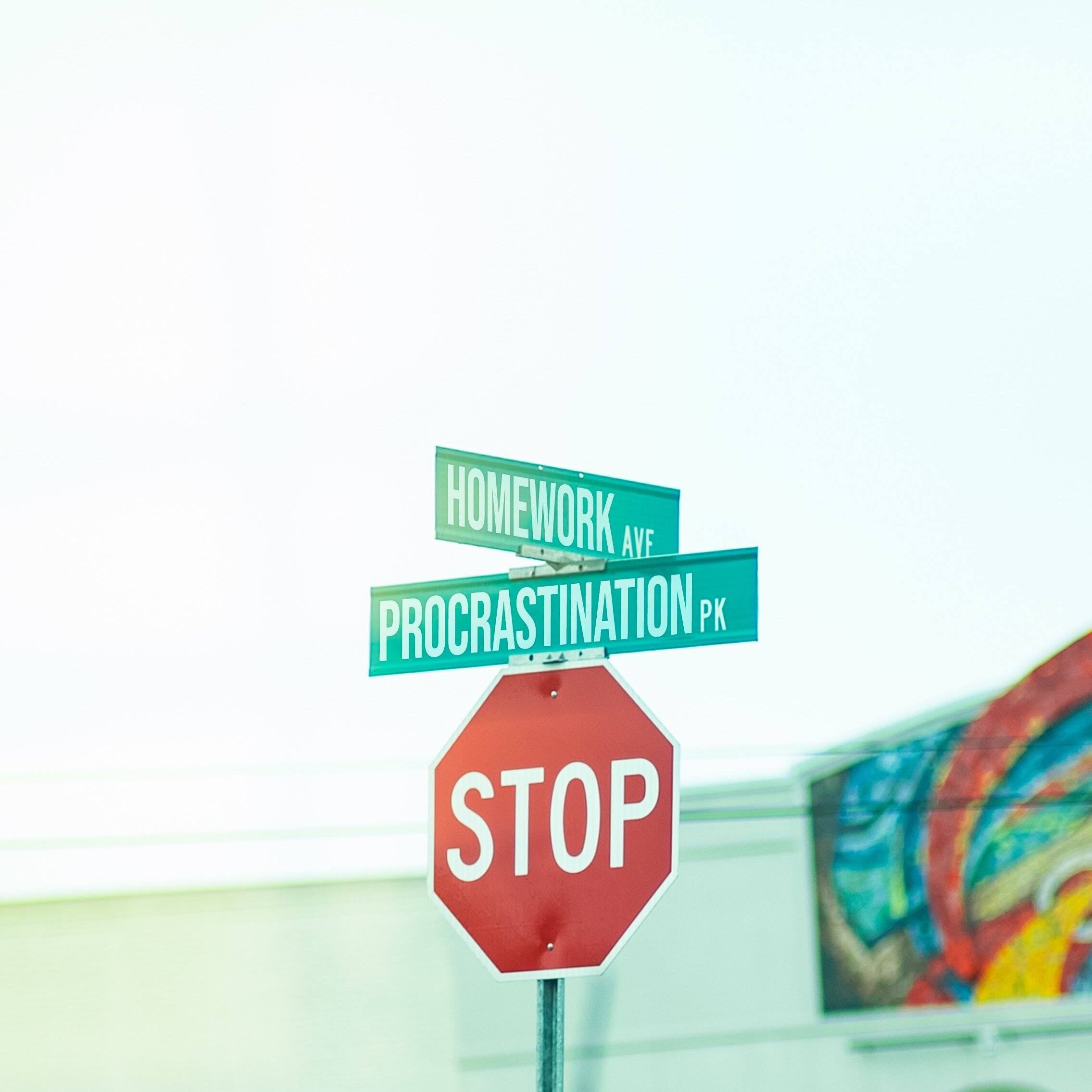Procrastination
Photo by Pedro da Silva on Upsplash
Why do I keep putting off the things that I know I really need to be doing? Is it because I don’t really want to do them? Is it because I don’t feel motivated about the tasks that need to be done? Is it pure laziness?
I have had the same tasks on my to-do list for 2 days and it is pushing into the third day if I don’t get them done today. I look at my to-do list and I get some things completed, but others I have no motivation to even start let along complete. This has triggered a thought to go see what is causing this issue. In part because it allows me to procrastinate on my current to-do list, work on one of my to-dos and possibly find the answers I am looking for.
The definition of procrastination: The action of delaying or postponing something.
“Your first tip is to avoid procrastination”
“So like thanks for the tip, but what am I supposed to do with that?”
How do we avoid procrastination?
At James’ site there is a scientific Guide on How to stop Procrastinating. In second two and three it list ways to stop Procrastinating and being consistent
Make the Rewards of Taking Action More Immediate
Make the Consequences of Procrastination More Immediate
Design Your Future Actions
Make the Task More Achievable
The Daily Routine Experts Recommend for Peak Productivity
How to Avoid Chronic Procrastination With Visual Cues
I am trying to get a better understanding of Procrastination with goal of being more productive. The questions I have in my head may be preconceived and my cause me to miss the point of the article above. However, I still asked them inside my head.
Does knowing what procrastination is and how it affects me, really help me stop procrastinating? If knowing all of the correct or what others perceive as the correct information, do that really help me if I am unable to action this information?
I have been reading James Clear’s article on procrastination and some of the points are really good. I am building into my workflow the following habit.
One of the best productivity systems I have found is also one of the most simple. It's called The Ivy Lee Method and it has six steps:
At the end of each work day, write down the six most important things you need to accomplish tomorrow. Do not write down more than six tasks.
Prioritize those six items in order of their true importance.
When you arrive tomorrow, concentrate only on the first task. Work until the first task is finished before moving on to the second task.
Approach the rest of your list in the same fashion. At the end of the day, move any unfinished items to a new list of six tasks for the following day.
Repeat this process every working day.
I have also implemented one of the suggestions already within my tasks manager application Things 3. That is making larger tasks more achievable. Right now I have a project that is for training that is about 20 hours long and spread out between 8 videos. I have scheduled 1 video every Monday, Wednesday and Friday until September.
This will also me to only worry about one video every other day and have the weekends off to study for the exam. This allows my brain not to get overwhelmed as it already was. Even that simple changed allowed me to see that the task is actually manageable.
It is not enough to know why we procrastinate. It is not enough to know the tools to help stop. It is learning to work those tools into your daily workflow so that you can tackle the tasks that you need to complete. The tools in James’ article fit into my workflow seamlessly. Find the tools that work for you, set goals and complete tasks. Once you have a working process come back and lets share this with others.
Until next time, take care of yourself and each other.
